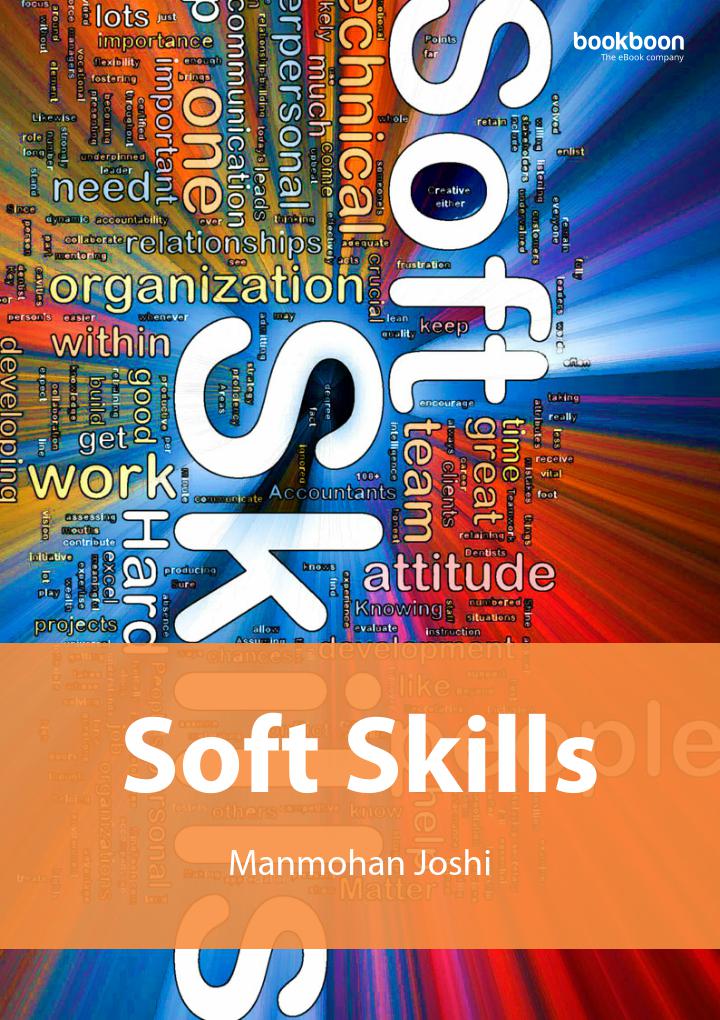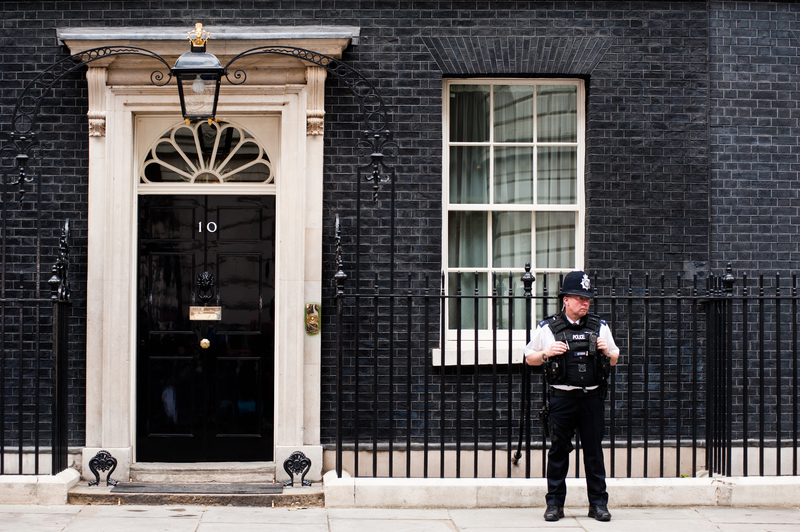What your soft skills are worth may surprise you

Soft skills such as communication, social intelligence and collaboration are essential to success in business. However, the true worth of these abilities is often overlooked in favor of more easily quantifiable skills such as typing, writing, and mathematics. Whilst all skills are certainly beneficial on both an individual and business level, the consistent undervaluing of soft skills is a subject which needs further discussion.
Personnel Today has found that soft skills are “worth £88 billion” to UK economy. Their report, titled The Value of Soft Skills to the Economy estimates this value, and goes on to explain that this could grow to as much as £127 billion by 2025.
We caught up with a group of L&D professionals to talk more about what soft skills are worth, and why more business ought to be investing in what is undoubtedly their biggest asset.
Soft skills and recruitment
When hiring, almost all companies will have a defined list of hard skills which they require from candidates. But many employers overlook the soft skills which could potentially be more lucrative in the long run.
Calvin Ng, Senior Manager Learning & Organizational Development at USC Auxiliary Services, says, “While many organisations place all their hiring efforts on specific functional competencies, leadership and soft skills are what help drive a company’s culture. Functional skills – although valuable and necessary – only describe the “what” while soft skills focus on the “why and how”.”
Susanne Benning, Team leader at ECS Skillsystems believes that companies are starting to think more about soft skills when hiring, particularly as a result of the current climate. She feels that the worth of soft skills is becoming more apparent for businesses, and this can be seen from her own recent experience in placing candidates.
Benning states, “for me as a recruiter I find that my customers are more and more interested in soft skills. I have a bigger chance to place a candidate with fitting soft skills as a candidate with a lot of work experience.”
 Soft skills hold the key to personal development
Soft skills hold the key to personal development
The worth of soft skills shouldn’t only be looked at in monetary terms. There are greater benefits to be had from soft skills, particularly on a personal level.
Yvonne Oakenfull, Learning & Development Manager at Shoosmiths Solicitors, explains, “soft skills enable us to function as human beings. This is so important, more so in this digital age. I am particularly passionate about encouraging people to start taking an interest in themselves. In addition, we need to tap into our trust in ourselves and our own intuition and understanding that we know ourselves better than anyone else.”
So, the worth of soft skills isn’t all about what it these abilities can bring to businesses. Soft skills are also hugely beneficial to individuals, enabling them to embrace life and grab every opportunity.
 Soft skills should play a bigger part in education
Soft skills should play a bigger part in education
Dr. Peter S Hill, Senior Lecturer at the Royal Holloway University of London, feels that the worth of soft skills is underappreciated at higher education level and that the focus needs to be switched to developing soft skills from day one. Dr. Hill explains that soft skills are not often well established in graduates, and this can be detrimental for them in terms of finding employment.
Dr. Hill says “for me, soft skills are the most underrated of skills. In Higher Education, we spend so much time teaching technical skills and often forget all of the important soft skills that we’ve used to be successful in our own careers. We need to switch our focus back to soft skills so we create well-rounded graduates who can really succeed in the labour market.”
 Soft skills enable seamless collaboration
Soft skills enable seamless collaboration
Teamwork makes the dream work. When a whole workforce is working together in unison towards one common goal, the potential for success is massive. And if there’s one thing which helps employees to harness the power of teamwork, it’s great soft skills like communication.
Christine Petersen, Managing Director at VIRAK, says “communication and interaction between people are essential to getting things done and to innovating. People rarely work well on their own, and businesses create environments where people can and should collaborate.”
Jim Johnston, Learning & Development Manager at UL agrees, stating “soft skills are the difference between being good and being great. No one gets anywhere on their own, and the ability to align your goals with those that can and will help you achieve them is what makes people, teams and organisations great.”
Annabelle Beckwith, CEO at Yara Journeys says “Businesses aren’t well-oiled machines, they are ecosystems, communities and tribes. At every level, they revolve around people coming together to achieve something. [Soft skills] may have traditionally been regarded as a fluffy ‘nice to have’ rather than as essential to business success… but every good leader knows that soft skills are often the hardest to master and are absolutely critical in being able to deliver results through other people. Developing strong ‘soft skills’ makes commercial sense.”
 Soft skills hold the power, for individuals and businesses alike
Soft skills hold the power, for individuals and businesses alike
When it comes to skills and abilities that have the power to further a career, establish a business and expand a brand globally, nothing quite compares to soft skills. Without great communication, collaboration, teamwork, social skills, and other character traits, many businesses would be destined for failure. It’s skills like these that drive success, complemented by the hard skills that keep everything running seamlessly.









